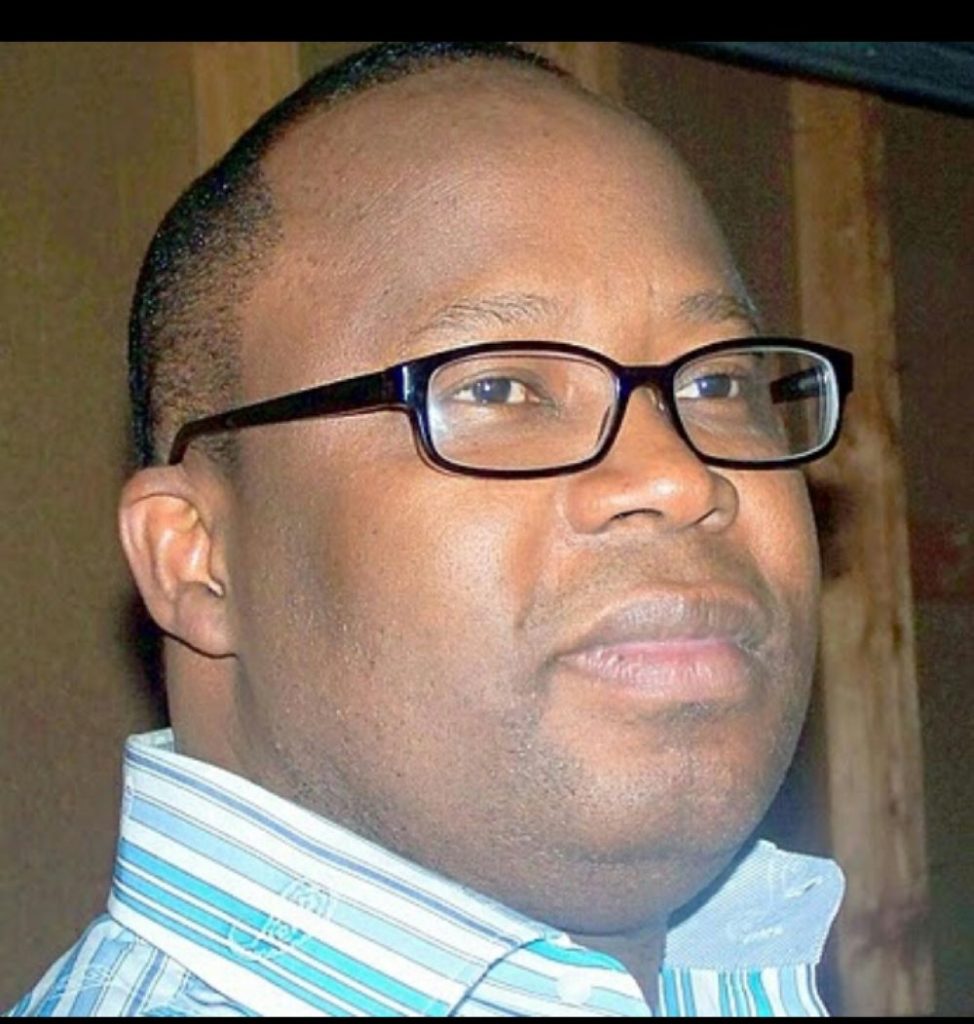The Precarious Balance: Judicial Authority and Legislative Power in Liberia
The ongoing crisis within Liberia’s House of Representatives underscores a critical juncture in the nation’s political development. The central question revolves around the respect for judicial authority, specifically whether the impending Supreme Court decision regarding the House leadership dispute will be honored by all parties involved. This question carries immense weight, given Liberia’s history of constitutional crises and power struggles. The current impasse presents a crucial test of whether Liberia’s political actors will prioritize adherence to the rule of law or succumb to partisan interests, potentially jeopardizing the nation’s fragile democratic progress. A deep dive into the historical context, comparative analysis with other jurisdictions, and potential consequences of noncompliance reveals the crucial importance of respecting judicial decisions in upholding Liberia’s constitutional integrity and promoting lasting stability.
Liberia’s political landscape has been marred by recurring instances of constitutional disregard and power struggles that have undermined the authority of its democratic institutions. The 2008 Supreme Court ruling ordering the reinstatement of President Pro-Tempore Isaac Nyanebo, which was subsequently ignored by members of the Senate, serves as a stark reminder of this troubling tendency. This precedent highlights the danger of legislative overreach and the potential for political maneuvering to supersede adherence to the rule of law. In the current House of Representatives crisis, the question of respecting the Supreme Court’s decision echoes this past experience. The nation stands at a crossroads, facing the choice between upholding constitutional principles and potentially backsliding into a cycle of instability and political turmoil. The call for respect for the judicial process, articulated by Associate Justice Jamesetta Howard Wolokolie, underscores the urgent need for a renewed commitment to the rule of law.
To fully understand the gravity of the situation, it is essential to examine Liberia’s constitutional framework. The Constitution clearly outlines the requirement for a quorum in legislative proceedings, stipulating that 49 votes are necessary for any decision, including the removal of the Speaker of the House. Disregarding this constitutional provision sets a dangerous precedent for manipulating legislative authority and undermines the very foundation of democratic governance. The current stalemate within the House, therefore, represents a critical test of political will and a pivotal moment for Liberia’s commitment to its constitutional principles. The Supreme Court’s decision will serve as a litmus test, revealing whether Liberia’s political actors are willing to prioritize the rule of law over partisan interests. Respecting the Court’s ruling is not simply a legal obligation but a demonstration of a commitment to democratic integrity and the long-term stability of the nation.
Drawing parallels with experiences in other jurisdictions offers valuable insights into the importance of respecting judicial authority. The 2025 Minnesota Supreme Court ruling regarding legislative quorum issues provides a relevant example. In that case, the court invalidated actions taken without a proper quorum, reaffirming the importance of adherence to established constitutional standards. This ruling served as a potent reminder of the consequences of circumventing legislative processes and reinforced the judiciary’s role in upholding the rule of law. Similarly, in Liberia, respecting the Supreme Court’s decision is crucial for maintaining the integrity of the legislative process and fostering public trust in democratic institutions. The Minnesota case underscores the importance of judicial decisions in setting clear boundaries for political action and promoting a culture of accountability. Liberia can draw valuable lessons from this experience, recognizing the importance of upholding constitutional norms even in the face of political disagreement.
The potential consequences of noncompliance with the Supreme Court’s decision are far-reaching and could have severe implications for Liberia’s future. Disregarding the ruling would further entrench political instability, deepening existing divisions and eroding public trust in the country’s institutions. Such disregard for the rule of law could create a climate of uncertainty and invite further constitutional crises. The potential for escalating tensions and social unrest underscores the importance of respecting the Court’s decision as a means of preserving stability and promoting peaceful conflict resolution. Furthermore, noncompliance could undermine the functionality of the House of Representatives, hindering its ability to address critical national issues and eroding public confidence in the government’s capacity to effectively govern. This dysfunction could further deepen political divisions and contribute to a cycle of instability, hindering Liberia’s progress and development.
Charting a path forward requires a collective commitment to upholding the rule of law and respecting the authority of the judiciary. Justice Wolokolie’s call to "respect the process" should serve as a guiding principle for all stakeholders involved in the House of Representatives crisis. Embracing dialogue, mediation, and negotiation can foster a collaborative spirit and pave the way for a resolution that respects both the Constitution and the principles of democratic governance. It is crucial for political leaders, civil society organizations, and the electorate to actively engage in promoting a culture of respect for judicial decisions. Prioritizing the nation’s well-being over individual or factional interests is essential for rebuilding trust in institutions and fostering lasting stability. By upholding the rule of law, Liberia can strengthen its democratic foundations and create a more conducive environment for progress and development.


